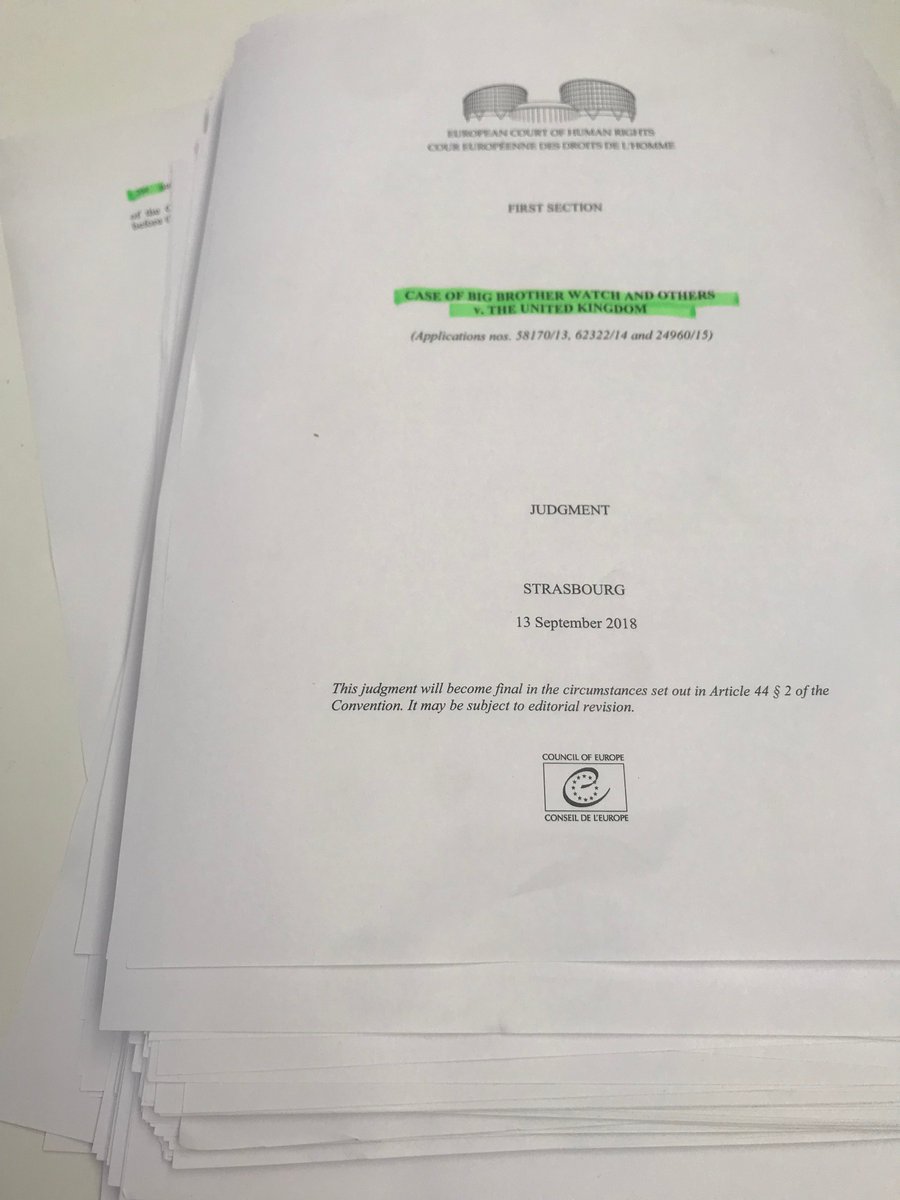Wiki summary: en.m.wikipedia.org/wiki/Zakharov_…
This case was about retention of data.
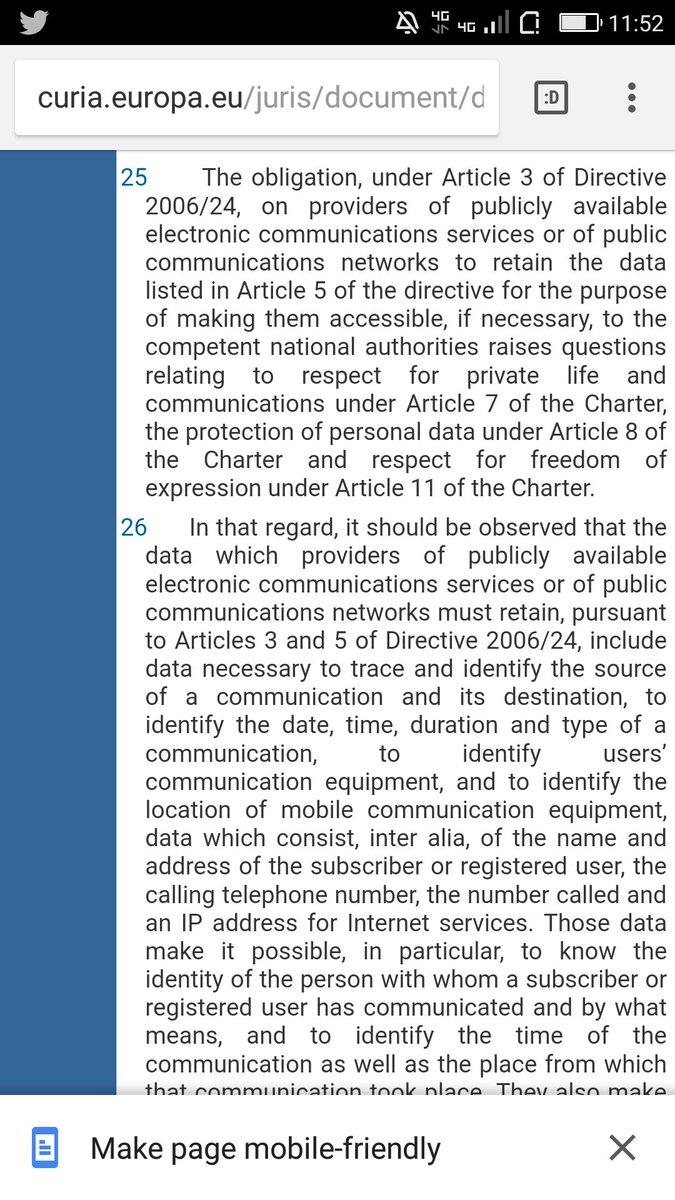
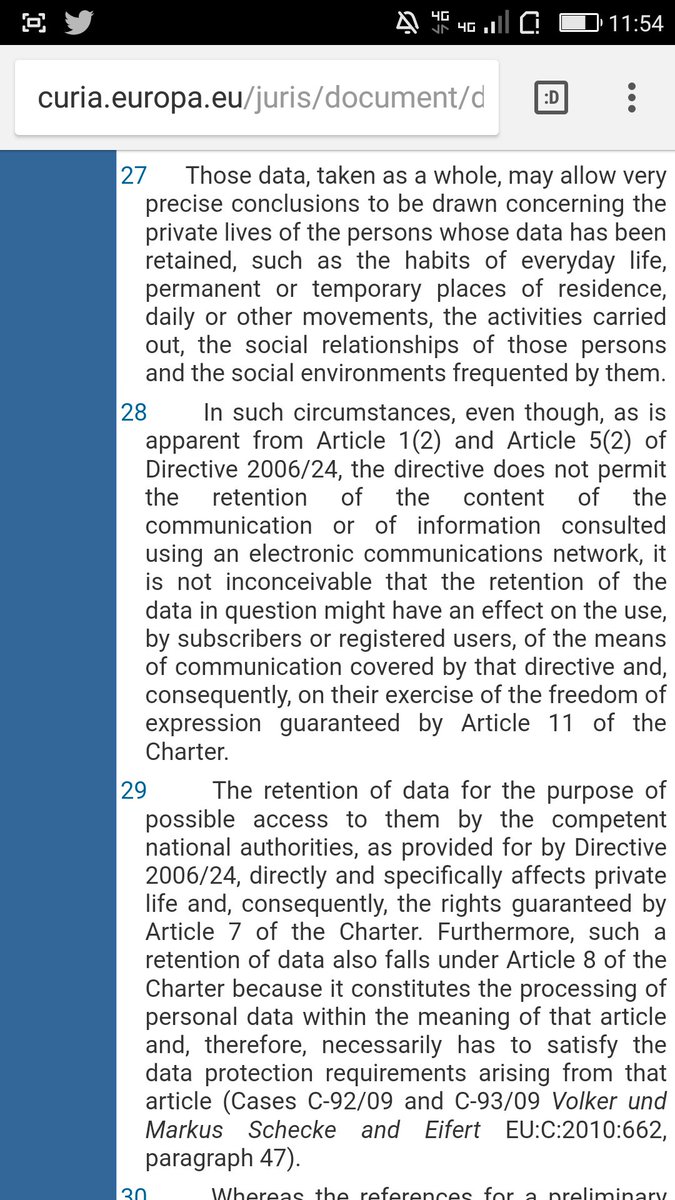
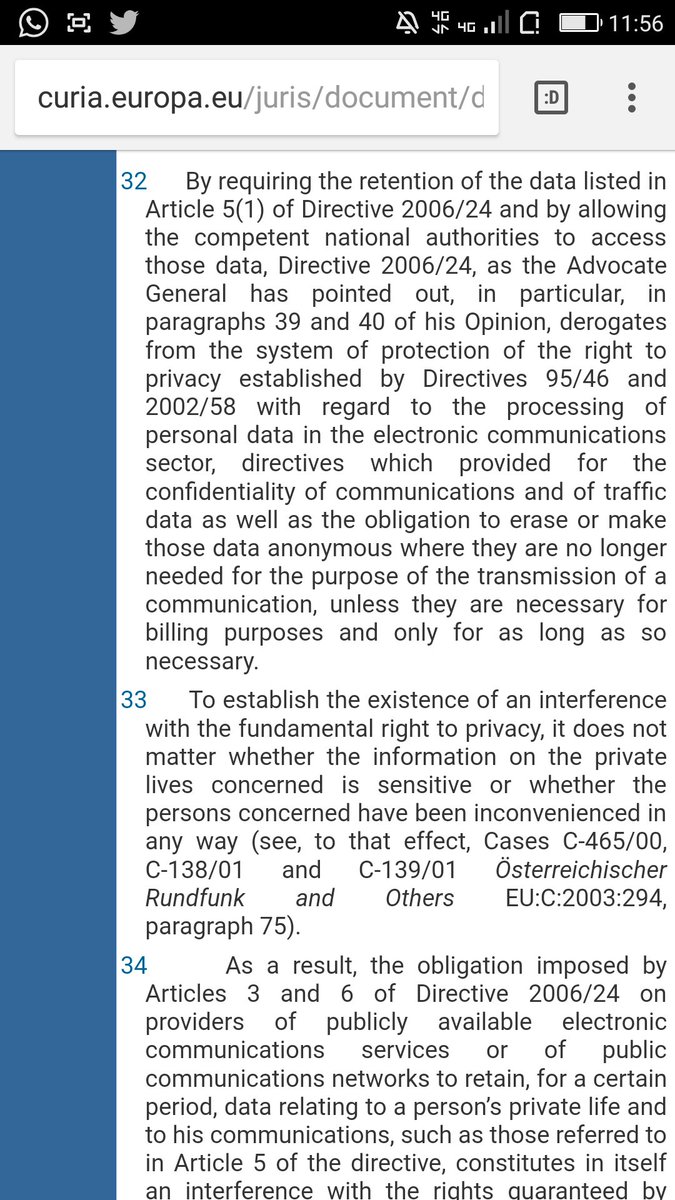
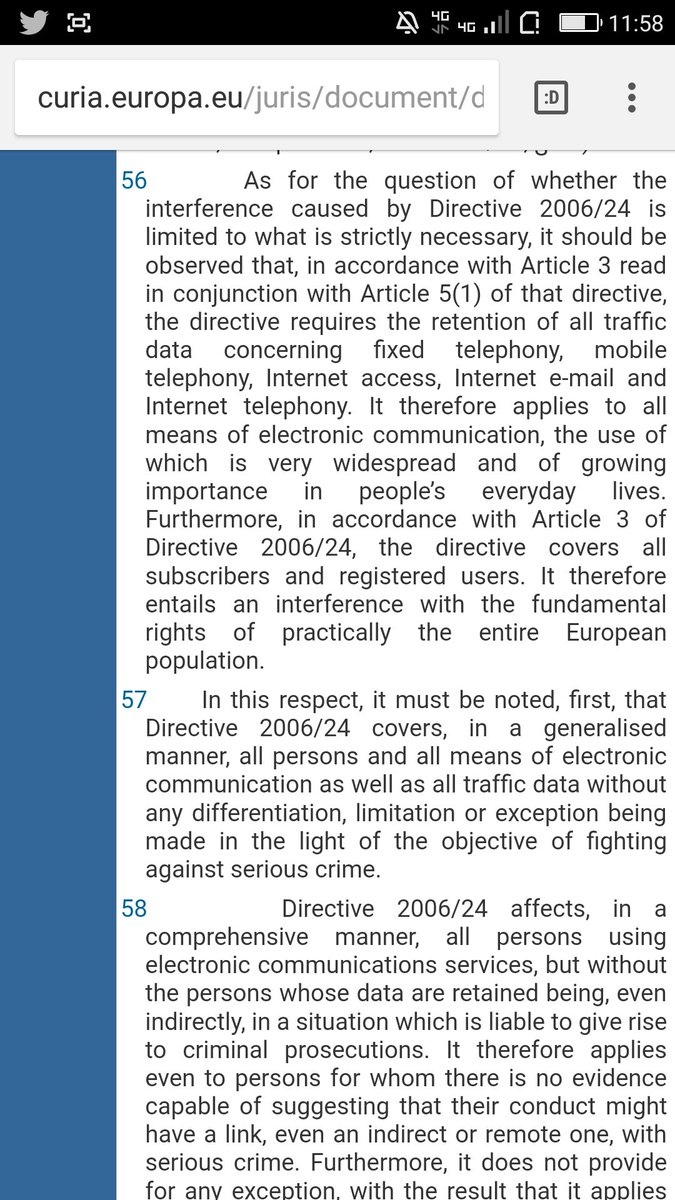
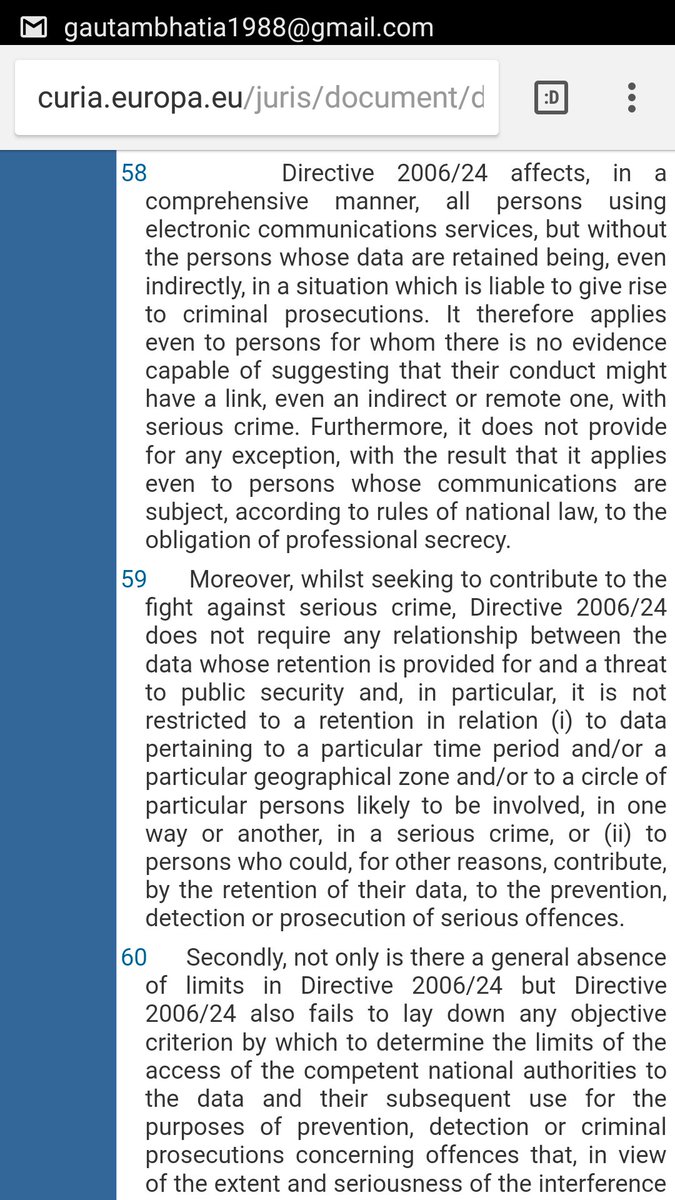
Wiki: en.m.wikipedia.org/wiki/S_and_Mar…
UIDAI aims to provide the states with a guiding model."
SD goes through the SRDH website of Madhya Pradesh.
SD: Note the contrast. UIDAI specifically said 360 degree view is impossible.
SD: So biometrics are not only with the CIDR.
SD says that in Europe it's actually much greater.
Chandrachud J says that aggregation might be in a broad sense or in a limited sense. Aggregation for ensuring social welfare benefits, why wouldn't that pass muster?
SD comes to the Haryana SRDH.
He then comes to Telangana's SRDH. Website: srdh.telangana.gov.in/tgsrdh/


